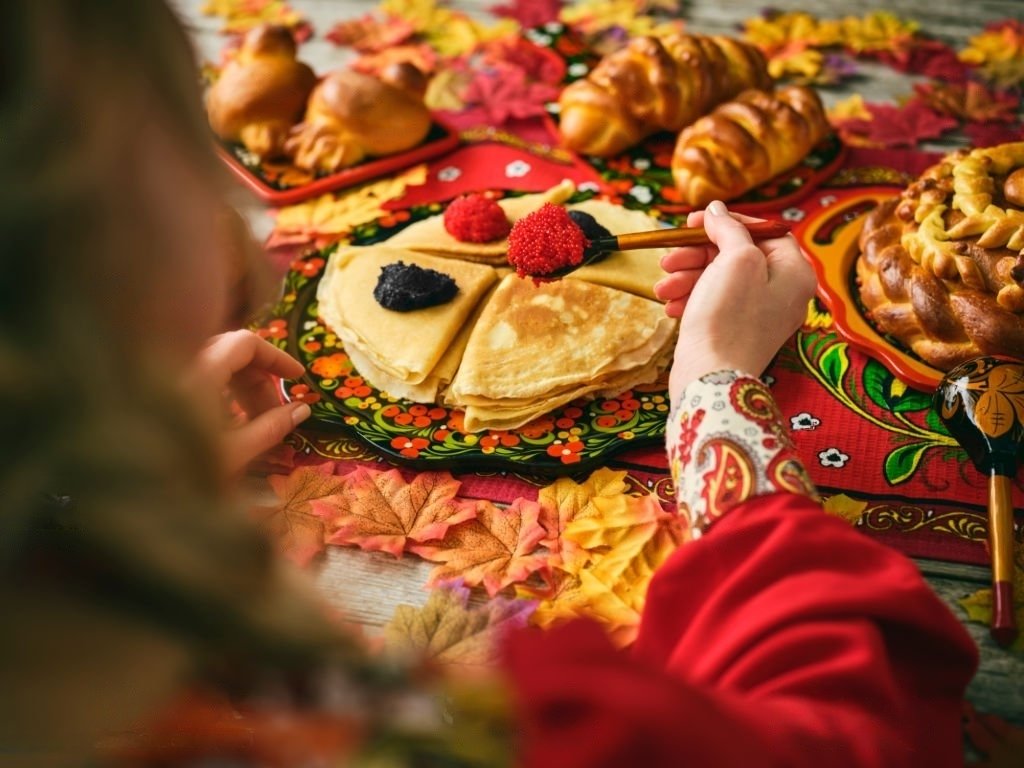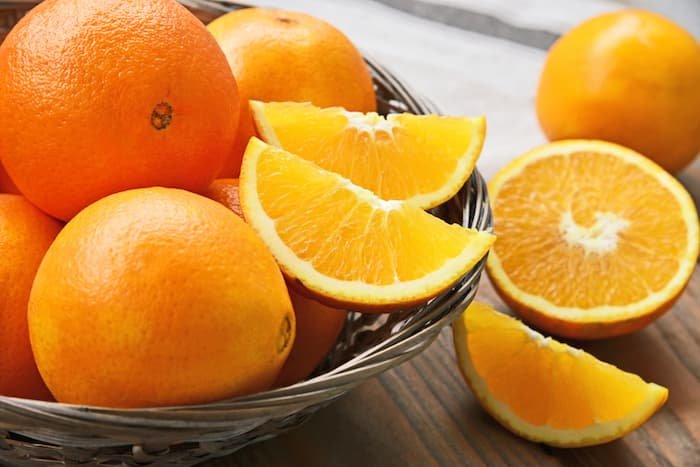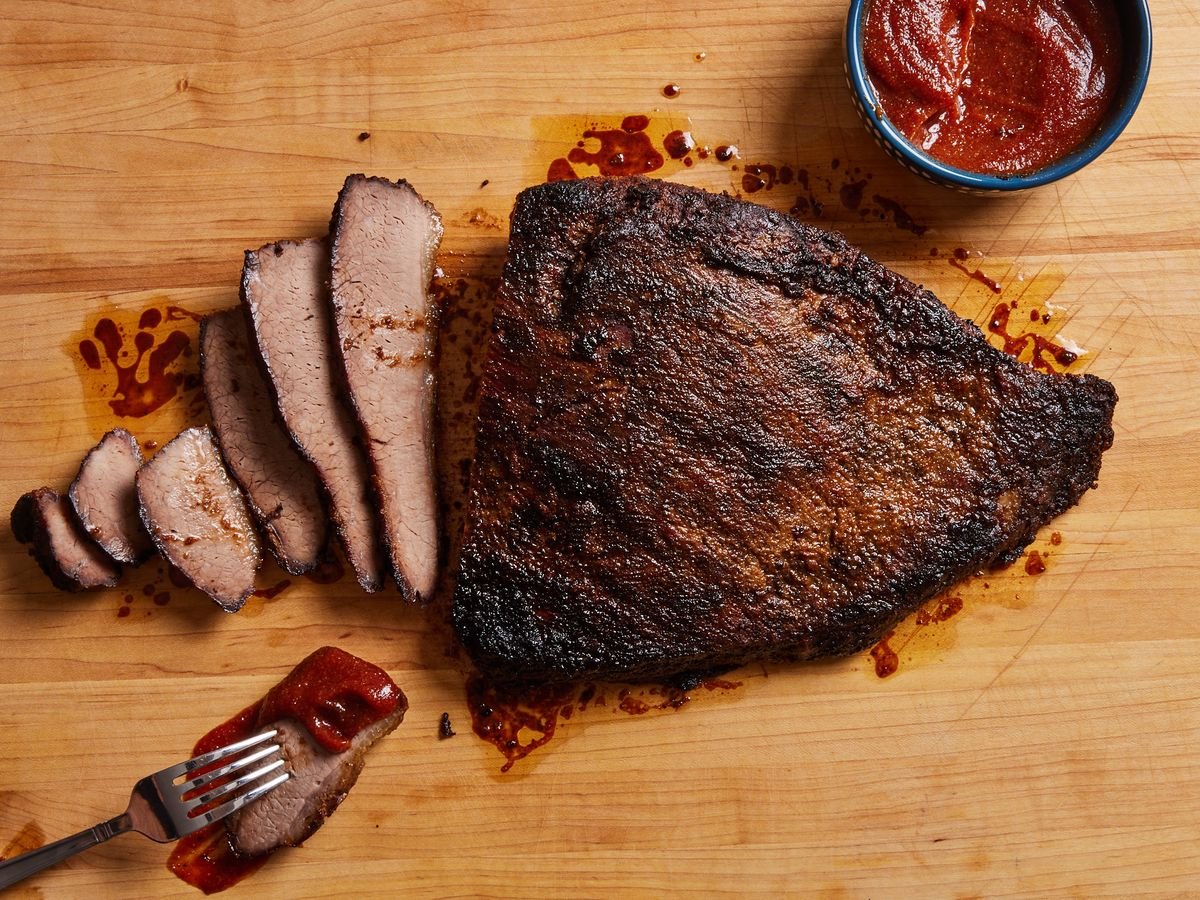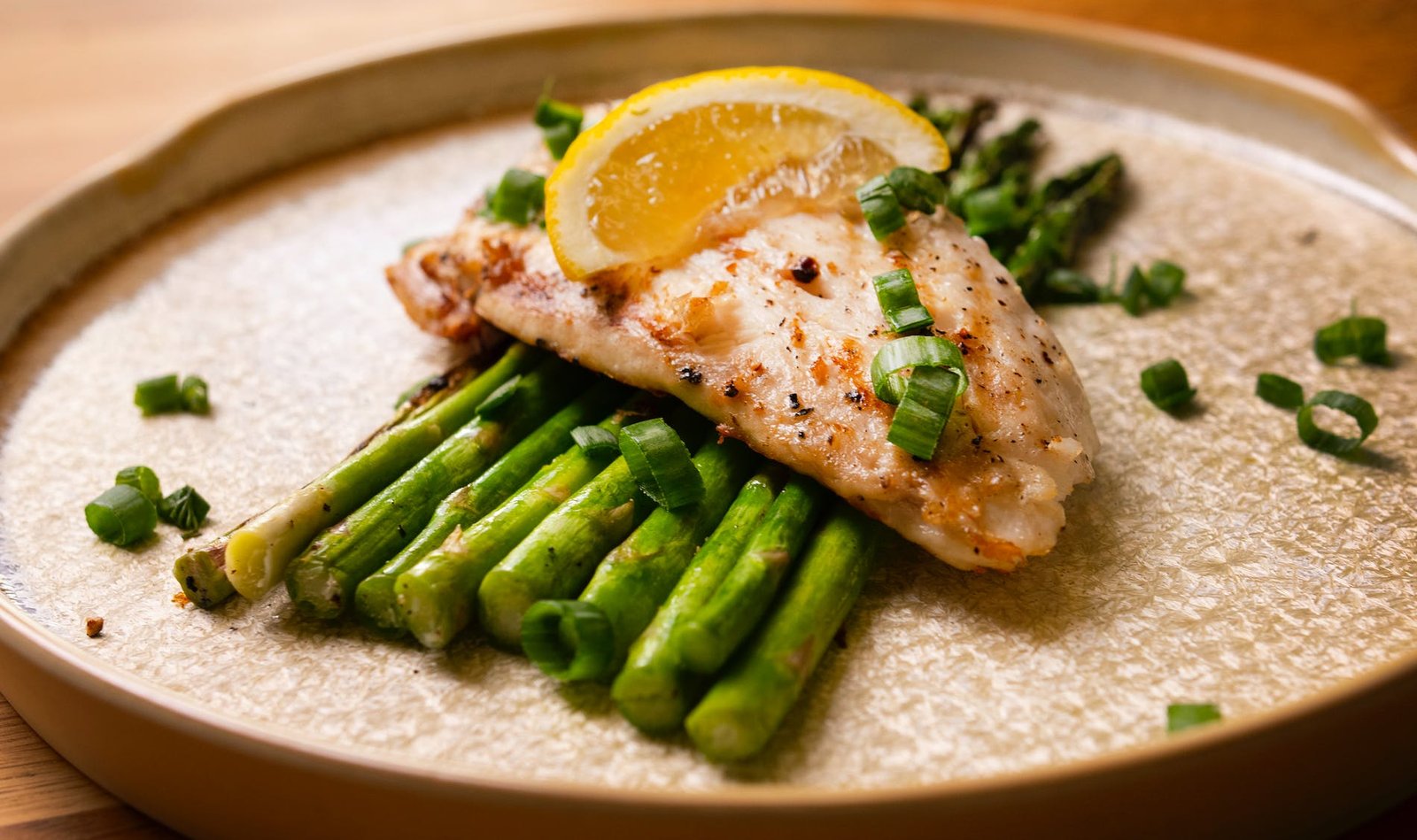Russian food is a delectable tapestry of flavors that reflects the country’s enormous size and numerous cultural influences. Russian cuisine offers a distinctive culinary experience, with everything from hearty soups and dumplings to sweet desserts and traditional tea ceremonies. We will go deeply into the world of Russian cuisine in this essay, learning about its long history, traditional foods, unusual ingredients, food festivals, tea culture, and influence on contemporary culture.
Introduction
There is a lot more to Russian cuisine than first meets the eye. Russian cuisine offers a vast variety of dishes and culinary traditions that have been formed by centuries of history and cultural exchange, beyond the cliches of vodka and caviar.
Russian Cuisine: A Brief Overview
Russian cuisine has changed over time as a result of a variety of elements, such as the geography, climate, and historical relations of the nation with its neighbors. It includes a wide variety of tastes, ingredients, and cooking methods.
Historical Influences
Many historical factors have influenced Russian food. Pilaf and kebabs were brought by the Mongols, who reigned over sections of Russia for several centuries. The Russian aristocracy adopted dishes like Beef Stroganoff thanks to the French culinary influences brought by Peter the Great. The size of the Russian Empire also made it possible for regional products and culinary methods to be assimilated.
Traditional Russian Dishes
Borsch: A Hearty Beet Soup
The traditional Russian cuisine borsch is well-known around the world. Beets, cabbage, potatoes, and a variety of other vegetables are used to make this colorful soup, which is distinguished by its rich red hue. Borsch is a tasty and wholesome dinner that is frequently served with a dab of sour cream and rye bread.
Pelmeni: Dumplings Filled with Meat or Vegetables
Small dumplings known as pelmeni have long been a staple of Russian cuisine. Usually made with minced beef, hog, or lamb blended with onions and spices, these savory treats are mouthwatering. Additionally popular are vegetarian alternatives with contents like potatoes or mushrooms. Typically, pelmeni is served boiled and with butter or sour cream.
Blini: Thin Pancakes with Various Fillings
Russian cuisine has a distinct place in its culinary history for the thin pancakes known as blini. Blinis can be filled with a variety of foods and are made from a batter that includes flour, milk, eggs, and butter. Blinis are fried till golden brown. Caviar, smoked salmon, sour cream, mushrooms, and sweet preserves are among the preferred fillings.
Beef Stroganoff: A Classic Meat Dish
A traditional Russian meal that has acquired appeal all over the world is beef stroganoff. After being browned with onions and mushrooms, tender beef strips are cooked in a thick, sour cream-based sauce. Traditionally, mashed potatoes or spaghetti are served with this decadent entrée.
Unique Ingredients in Russian Cooking
Buckwheat: A Staple Grain
A common side dish for savory dishes in Russian cooking is buckwheat, a staple grain. It is incredibly nutritious, full of fiber, vitamins, and minerals, and has a distinct nutty flavor. Buckwheat is frequently used as a filling for savory pies as well as in meals like kasha (porridge).
Kvass: A Fermented Beverage
Russian traditional drink kvass is created from rye bread that has been fermented. It tastes refreshing and somewhat tart, like a mildly carbonated soda. Kvass is frequently consumed as a cool beverage in the summer and can be enjoyed pure or flavored with fruits or herbs.
Sour Cream: A Creamy Delight
In Russian cooking, sour cream is a common ingredient that gives many meals a creamy and tangy flavor. It is frequently used as a garnish on baked potatoes, blini, and soups. Syrniki (cheese pancakes) and creamy pastries also contain it as a main element.
Popular Russian Food Festivals and Traditions
Maslenitsa: The Pancake Festival
Maslenitsa, commonly referred to as the Pancake Festival, is a seven-day festival that ushers in spring by signaling the end of winter. People congregate during this festival to eat heaping stacks of mouthwatering blini that have been topped with a variety of fillings and toppings. Maslenitsa is a festive season marked by joyous music, dancing, and other celebrations.
New Year’s Eve Feast: A Lavish Affair
One of the most widely observed holidays in Russia is New Year’s Eve, which is marked by an extravagant feast. Families congregate around a table covered with a variety of foods, such as caviar, pickled herring, Olivier salad (a typical Russian salad), and other cured meats. A festive atmosphere is produced as the feast lasts well into the new year.
Russian Tea Culture and Sweet Treats
Samovar Tea: A Traditional Russian Tea Ceremony
Russian tea culture is firmly established in centuries-old traditions. In tea ceremonies, the samovar, a traditional Russian tea urn, is the focal point. It is used to heat water for brewing tea and is frequently served with a variety of pastries, jams, and cookies. The tea ceremony offers a chance to mingle with others while taking pleasure in the warmth of the tea and their company.
Ptichye Moloko: A Fluffy Soufflé Dessert
The delicious delicacy Ptichye Moloko, which means “bird’s milk,” is made of a light and airy soufflé that is covered in chocolate. Gelatin, sugar, and whipped egg whites give the soufflé its delicate texture. This sweet dessert is a favorite of both kids and adults and is frequently eaten on special occasions.
Russian Food in Modern Times
Fusion Cuisine: Russian Influences on Global Dishes
Through fusion cuisine, Russian food has recently made a name for itself on the world culinary stage. Russian flavors and ingredients have been incorporated by chefs all around the world into their cuisine, resulting in inventive and intriguing flavor combinations. Fusion cuisine highlights the adaptability and variety of Russian cuisine, with dishes like borscht-inspired tacos and Russian-inspired sushi rolls.
Russian Food Tourism: Exploring Authentic Flavors
As tourists desire to experience the nation’s genuine flavors and culinary traditions, food tourism has increased in Russia. There are countless options to enjoy the rich gastronomic heritage of Russia, from intensive cooking workshops to food tours that take guests to local markets and restaurants. Foodies can indulge in traditional cuisines, explore regional specialties, and learn more about Russian culture through its cuisine.
FAQs About Russian Food
1. What is the significance of sour cream in Russian cuisine?
Sour cream is a versatile ingredient in Russian cuisine, adding a creamy and tangy element to many dishes. It enhances the flavors of soups, blini, and baked potatoes, and it is a key component of desserts like syrniki and creamy cakes.
2. Are Russian pancakes the same as American pancakes?
Russian pancakes, known as blini, are similar to American pancakes but are typically thinner and have a more delicate texture. Blini can be filled with various ingredients, both savory and sweet, making them a versatile and delicious choice.
3. What is the history behind the Samovar tea ceremony?
The samovar tea ceremony has a long history in Russian culture. It originated as a way to heat and serve tea in the cold Russian winters. The samovar, with its distinctive shape and design, became a symbol of hospitality and togetherness, and the tea ceremony evolved into a social and cultural tradition.
4. What are some popular Russian dishes for vegetarians?
While Russian cuisine is known for its meat dishes, there are also plenty of options for vegetarians. Some popular vegetarian dishes include vareniki (dumplings filled with potatoes, cheese, or mushrooms), holubtsi (cabbage rolls stuffed with rice and vegetables), and various vegetable soups like shchi and solyanka.
5. Where can I experience authentic Russian food?
To experience authentic Russian food, you can visit Russian restaurants or cafes in your local area that specialize in Russian cuisine. If you have the opportunity, traveling to Russia itself offers the chance to taste traditional dishes and explore the local food scene, especially in cities like Moscow and St. Petersburg.









